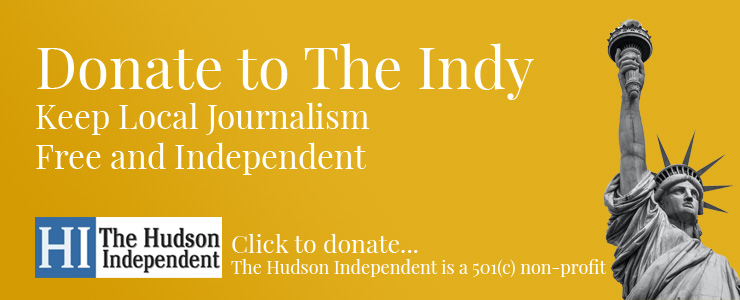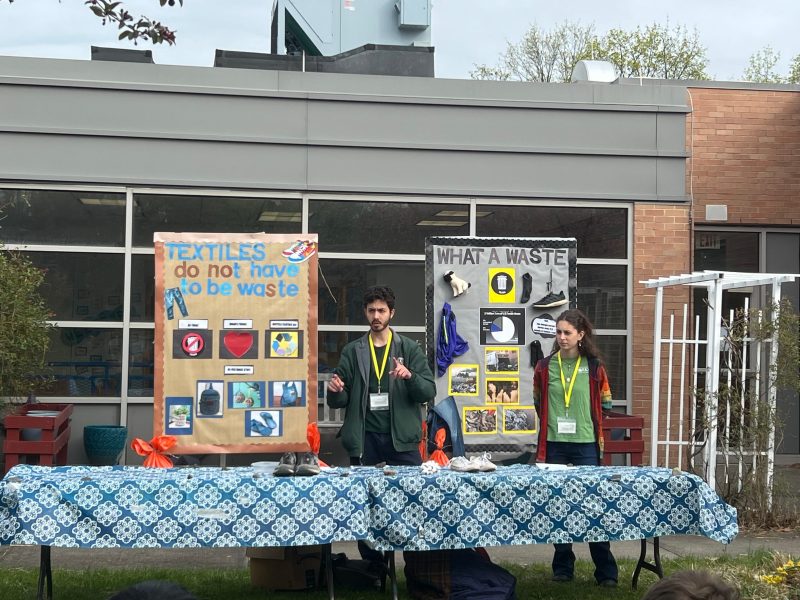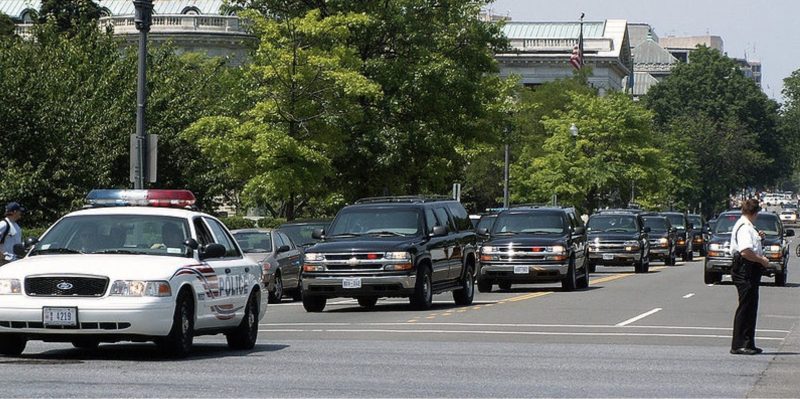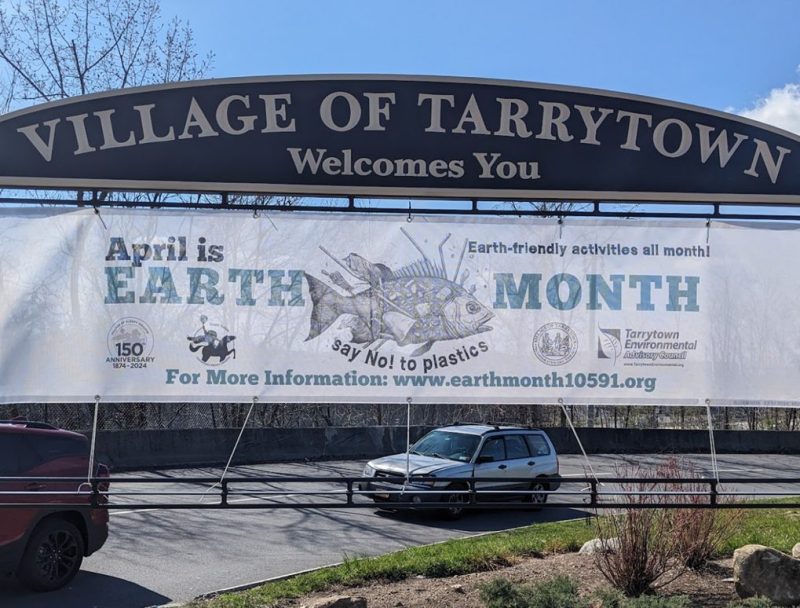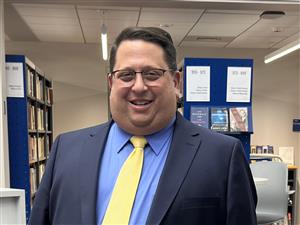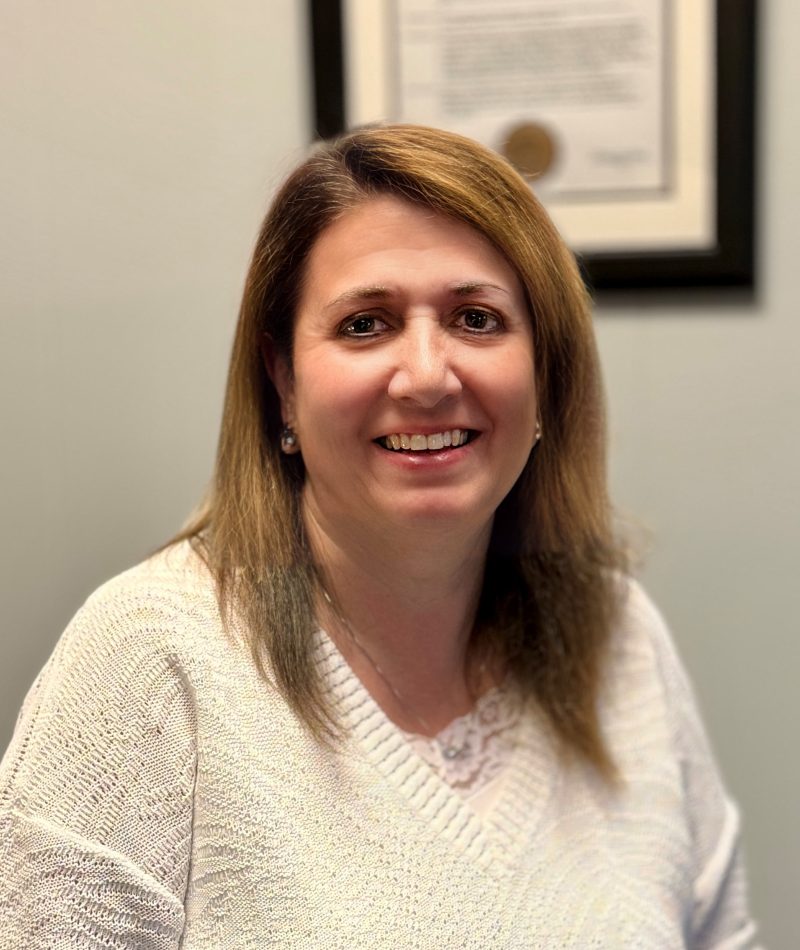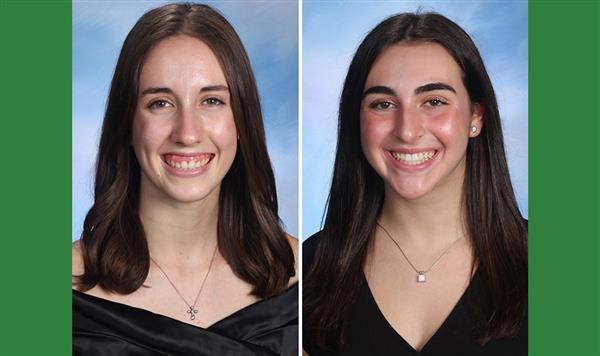
By Barrett Seaman–
Just as people emerge from their homes after a hurricane, looking around the neighborhood for downed trees and utility wires, so we all are slowly, cautiously emerging from the prolonged and devastating COVID-19 pandemic, looking to see the scope of the damage.
Some of it will be physical—boarded-up shops and restaurants, a few foreclosed houses, friends without jobs. Most, however, will be within us as individuals, as communities, and as a society.
Vaccination rates are climbing and infection rates falling. Soon summer heat will begin to dispel the virus—at least temporarily. Slowly, incrementally, we will regain the luxury of examining the real carnage COVID has wrought on our psyches.
Taking such mental stock was hard to do while the pandemic raged around us. “I don’t think people had a lot of chance to think about what they needed because they were out of sorts,” says Michael Orth, Commissioner of Community Mental Health for Westchester County. It was all most of us could do to make sure we had enough toilet paper or see to it that the kids completed their homework assignments. Masks have been successfully hiding the stress etched in our faces.
It’s not that life was stress-free before the pandemic struck. “We’ve been talking about this for quite a while now—mental health being a public crisis long before the pandemic,” notes Orth, a therapeutic social worker by training. Suicides had been averaging around 60 a year in Westchester. Death by drug overdose have been running over 100 a year in the county. Near-fatal overdoses surpassed 500 in 2019, as reported by local law enforcement and emergency services.
In recent years, psychological disorders have been particularly prevalent among teenagers. “Twenty-two percent of our 13-to-18-year-olds have a mental health disorder with severe impact,” reports Ardsley resident Stephanie Marquesano, founder of The Harris Project (named after her 19-year-old son who died of an accidental drug overdose in 2013). “Is that being amplified during the pandemic? Probably. Is low level anxiety exacerbated by the pandemic? More than likely.”
The key now, say experts, will be in identifying the scope of pandemic-induced—or pandemic-aggravated—mental health problems and then doing something about them.
“Early on, we were expecting that there would be a flood of people seeking services—and there was definitely an uptick in people seeking services and support,” says Dr. William A. (Drew) Mullane, Regional Director of Behavioral Health Services for Westchester Jewish Community Services (WJCS), one of the county’s larger mental health care providers. “But it didn’t match the scale or the severity of what we knew people were experiencing on a day-to-day basis.”
Hypothetical Case Studies
Troubles have come in many guises:
*The couple that had a busy but comfortable lifestyle until COVID shut it down. He is diagnosed with Alzheimer’s and she loses her job.
*The young woman battling both a skin condition and depression—and then her mother contracts COVID.
*The family whose four school-aged children had to share a single smartphone to keep up with remote learning.
*The gay college student is forced by the pandemic to move back home to a family hostile to her sexual orientation.
*The man who “never felt so alone in my life’” when his wife died. “I couldn’t even sit shiva with my children.”
*The student from a low-income neighborhood who wasn’t showing up for any of her online classes. When the school’s principal finally reached her, she explained, “So my grandmother died; my father lost his job; my aunt, who lives with us, is in the hospital on a ventilator.” Where does school fit in? “I really don’t care,” she replied.
*Then there are the neurological aftereffects of the disease itself: A study recently published in the psychiatric journal Lancet found that a third of COVID-19 survivors received a diagnosis for a neurological or psychological condition within six months of their infection. Anxiety was the most common diagnosis.

Early in the pandemic, Soul Shop trainer Michelle Snyder speaks to a gathering of 100 faith-based leaders on COVID’s psychological impact
Life in lockdown has been filled with lesser stressors and disappointments that are damaging nonetheless:
*The student-athlete hoping to win a college scholarship—and then the season in which he can show his talents is cancelled.
*The middle-aged divorcee unable or afraid to date.
*The 15-year-old, solid A student, now reluctant to volunteer an answer in a remotely taught math class because her face would then fill the screen so that all her classmates could stare at her.
*The girl who begins to sleep all day and emerge only at night to do her homework, just to avoid being around her alcoholic mother who lurches loudly around the house all day until she passes out.
“We often refer to it as the ripple effect,” says Michael Orth. “There was the virus itself, the uncertainty, the destruction, death, the medical impact. The second ripple was the socioeconomic impact—loss of jobs, loss of finances, food insecurity, disparities in access to health care. And then the third effect is what we are seeing now is the impact of isolation; we’re seeing more people—children and adults—with anxiety, depression, irritability, substance abuse. And now, while there is the vaccine we hope will wipe out the virus, there is no vaccine for the impact it’s had on our residents’ mental health.”Experts are concerned about another phenomenon that looms as an unwelcome outcome of the pandemic’s dying days: a return to the Roaring Twenties, the explosion of drinking and debauchery that followed the 1918 pandemic. Stephanie Marquesano sees evidence in the entertainment cable shows, including re-runs of “The Great Gatsby” with its champagne-soaked parties. She hopes the media industry can be persuaded to dial back on romanticizing the excesses that seem a natural fallout for society’s pent-up urges.
Mental health practitioners have been no less vulnerable than their clients to the stresses brought on by the pandemic. “We were all going through the same things,” allows the WJCS’s Mullane. “We too were thrown out of our predictability, out of our routines…we lost all the usual activities that help bring us joy and help us to cope; we stopped playing sports or exercising or dining out or going to the movies. All of a sudden you saw everybody as dangerous. We stopped hugging; we stopped shaking hands, stopped dating. People lost jobs, lost loved ones, delayed getting married or having kids. People were isolated and lonely.”
Zoom to the Rescue
And yet there was Zoom. Since the pandemic broke, the WJCS has conducted more than 85,000 “telehealth” sessions. “As soon as COVID started, 100% of our staff went virtual,” reports Ellen Morehouse, Executive Director of Student Assistance Services Corp. in Tarrytown, which provides substance abuse prevention services for young people. Online sessions are effective but have drawbacks. Some kids, says Morehouse, are reluctant to share online because they’re afraid mom or dad might walk into the room and overhear information that they want kept confidential. And there are others who don’t have access to the technology needed to connect with help.
While the data available for 2020 is incomplete, it does not, so far, show a significant increase in such obvious measures as suicide or emergency hospitalizations. But that, says Ellen Morehouse, does not mean kids weren’t thinking about it.” And it isn’t preventing people from seeking help. Says WJCS’s Dr. Mullane: “We’re seeing a surge in people seeking help right now. That dam is starting to break.”
Gearing Up for the Challenge
Mental health agencies are working to prepare for the demand. The county’s Community Mental Health Department, in conjunction with other organizations, offers an evidence-based training program called “Mental Health First Aid.” Michael Orth describes it as “sort of the CPR of mental health. We’re providing that training for schools, businesses—practically anyone in the community so they can recognize the early signs and symptoms of someone who may be struggling with depression, anxiety, substance misuse, and to be able to open the conversation and be able to connect to support.”
The Center for Disease Control and Prevention (CDC) in January put out some self-help tips experts believe to be useful. They can be accessed at: :https://www.cdc.gov/coronavirus/2019-ncov/daily-life-coping/managing-stress-anxiety.html.
 Print
Print






